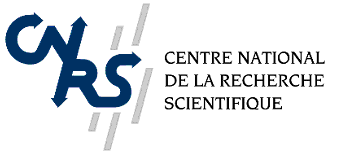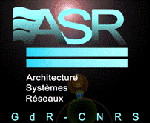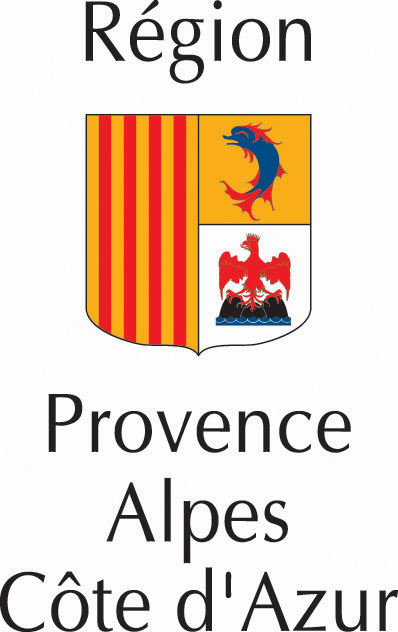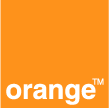1st International Workshop on Ad-hoc Ambient Computing
(co-located with AdHoc-Now 2008)
September 13, 2008, Sophia Antipolis, France
Ambient, pervasive, and ubiquitous computing are seen as a drastic shift for the computing systems. Indeed networked computing resources shall become invisible to users and cooperatively provide them with the right services at the right time.
At the same time, ad hoc networks are wireless infrastructureless systems dynamically formed by co-operating nodes within communication range of each other. As such, they appear as an attractive networking paradigm for ambient computing.
The aim of the workshop is to investigate the contribution of ad hoc networks to the realization of the ambient computing vision, from supporting algorithms and protocols to emerging computing paradigms and software system architectures.
The overall goal of the workshop is to bring together researchers working on the numerous topics related to ad hoc ambient computing, aiming to provide an environment for sharing experiences and initiating collaborations.
Topics of Interests:
Topics for the workshop inlude but are not limited to:
- Ambient peer to peer networks
- Context awareness using sensor networks
- Dependability in ad hoc networks
- Engineering ambient computing systems
- Middleware for ambient computing
- Mobile data management in ad hoc networks
- Next generation networks for ambient computing
- Opportunistic networking for ambient computing
- Quality of service
- Security, privacy & trust
- Service oriented ambient computing
- Situation awareness
- Social groups in ad hoc networks
- System architectures for ambient computing
- User-centered ambient systems
Program Co-Chairs:
- Valérie Issarny, INRIA, Rocquencourt, France
- Nikolaos Georgantas, INRIA, Rocquencourt, France
Program Committee
- Yolande Berbers, Katholieke Universiteit Leuven, Belgium
- Gordon Blair, Lancaster University, UK
- Mauro Caporuscio, INRIA Paris-Rocquencourt, France
- Licia Capra, University College London, UK
- Siobhan Clarke, Trinity College Dublin, Ireland
- Paul Couderc, INRIA Rennes-Bretagne Atlantique, France
- Joelle Coutaz, Joseph Fourier University, France
- Jacqueline Floch, SINTEF, Norway
- Kurt Geihs, University of Kassel, Germany
- Silvia Giordano, SUPSI, Switzerland
- Harmke de Groot, IMEC, The Netherlands
- Michael Hellenschmidt, Fraunhofer IGD, Germany
- Peter Leijdekkers, University of Technology, Sydney, Australia
- Javier Lopez, University of Malaga, Spain
- Amy L. Murphy, FBK-IRST, Italy
- Mirco Musolesi, Dartmouth College, USA
- Jamie Payton, University of North Carolina at Charlotte, USA
- Fano Ramparany, Orange, France
- Francoise Sailhan, University of Franche Comte, France
- Gaogang Xie, Institute of Computing Technology, CAS, China
- Apostolos Zarras, University of Ioannina, Greece
Organizing Comittee
- David Coudert, INRIA, Sophia Antipolis, France
- Corinne Jullien, CNRS, Sophia Antipolis, France
- Patricia Lachaume, INRIA, Sophia Antipolis, France
- Christelle Molle, DGA-CNRS, France
- Hervé Rivano, CNRS, Sophia Antipolis, France
    |
   |
